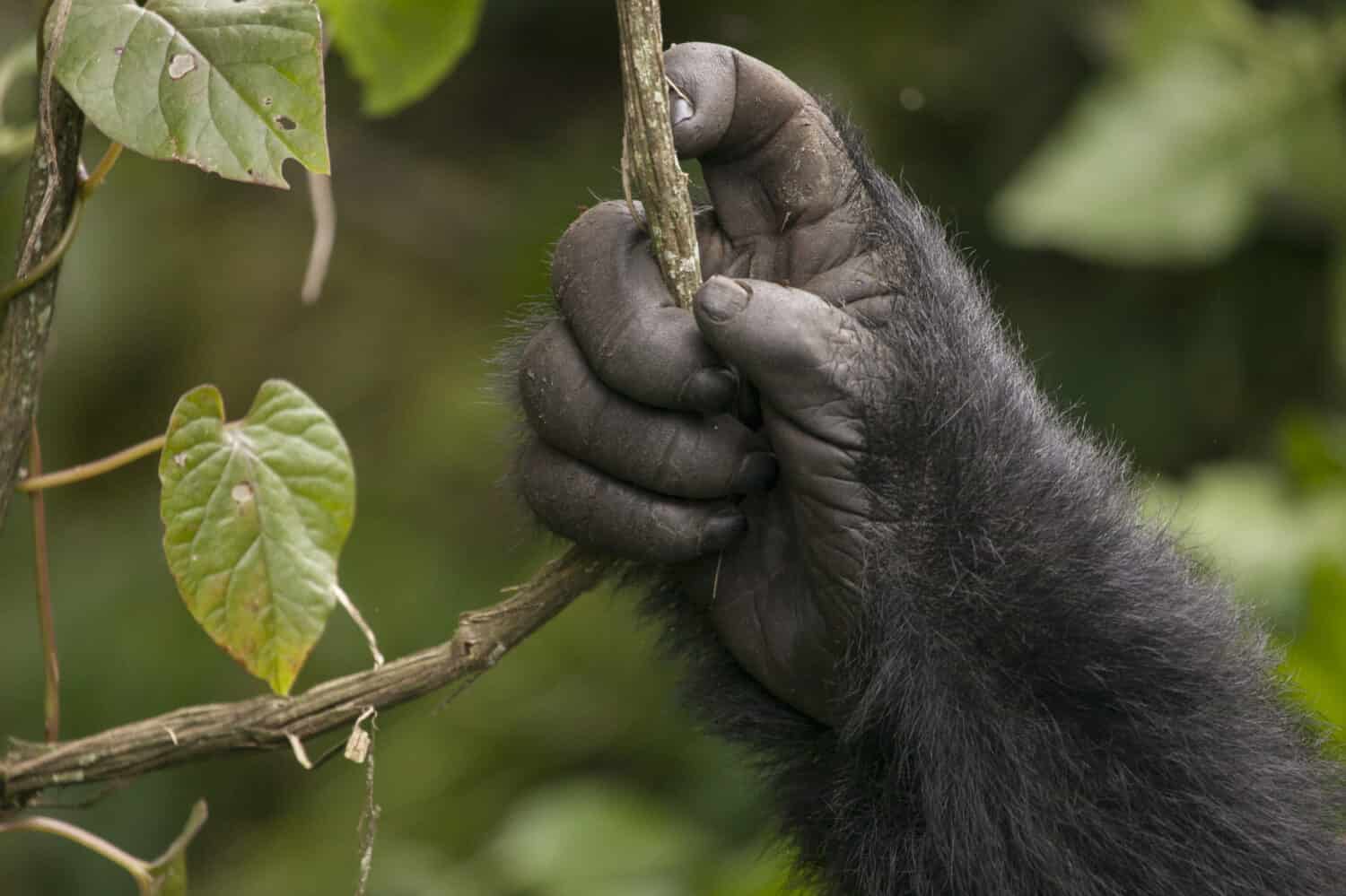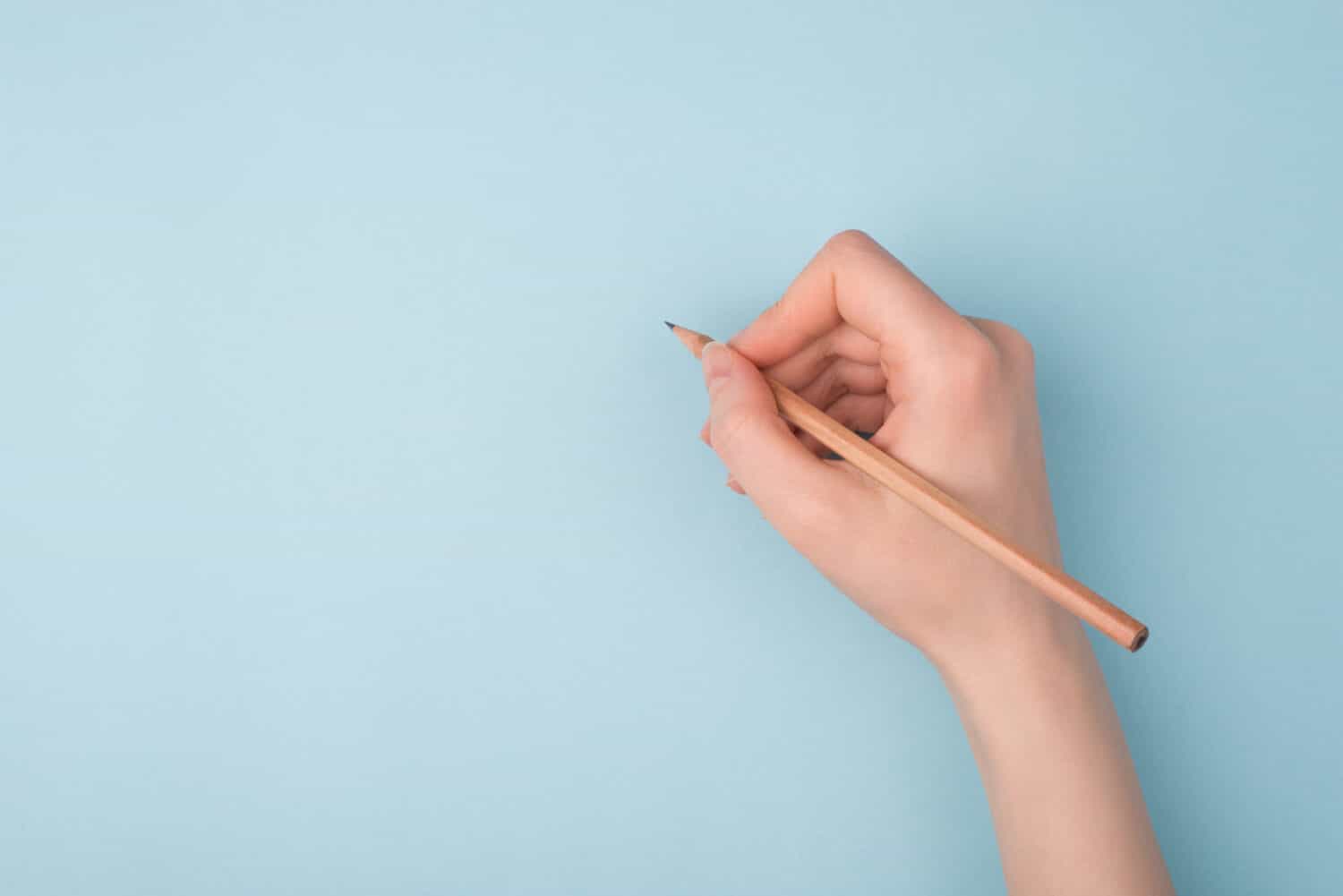In the animal kingdom, “opposable” is a term used regarding thumbs, whether it’s human or one of the rare animals with opposable thumbs. The simple definition is this: “Capable of being opposed or resisted.”
In terms of fingers, the definition is different and secondary, in most dictionaries: “Capable of being placed against one or more of the remaining digits of a hand or foot.” Opposable thumbs are quite rare in the animal kingdom, excepting humans, of course.

Gorillas have opposable thumbs — one of the rare cases of opposable thumbs in the animal kingdom.
©TravellingFatman/Shutterstock.com
Animals with Opposable Thumbs
There aren’t many animals with opposing thumbs. Many primates have opposable thumbs, though they don’t quite have the dextrous capability that humans exhibit. However, primates aren’t the only animals.
There are also animals with pseudo-opposable thumbs, meaning they have just enough for grasping but are not nearly as effective and dextrous as others.
Usefulness
The most unique feature of this thumb is its independence. Animals with this feature can move the thumb independently of the remaining fingers. Also, without one, humans and animals couldn’t properly grasp anything or write with a pen or pencil.

For humans, opposable thumbs allow us to do many things — like handwriting.
©Inspiration GP/Shutterstock.com
Though the function of an opposable thumb is similar in all animals, there are a few species that use it for other reasons. For instance, koalas have two thumbs on each hand, which provides a more powerful grip.
Since this thumb is separate and distinct from the other fingers, the space created improves grasping capabilities.
First Animal with this Capability
Kunpengopterus antipollicatus is an extinct pterosaur known as the first animal to have an opposable thumb on each hand. Fossil findings show hands that are decidedly apelike in appearance. Since its discovery is very recent, scientists are still working on the how and why of the pterosaur having this feature.




